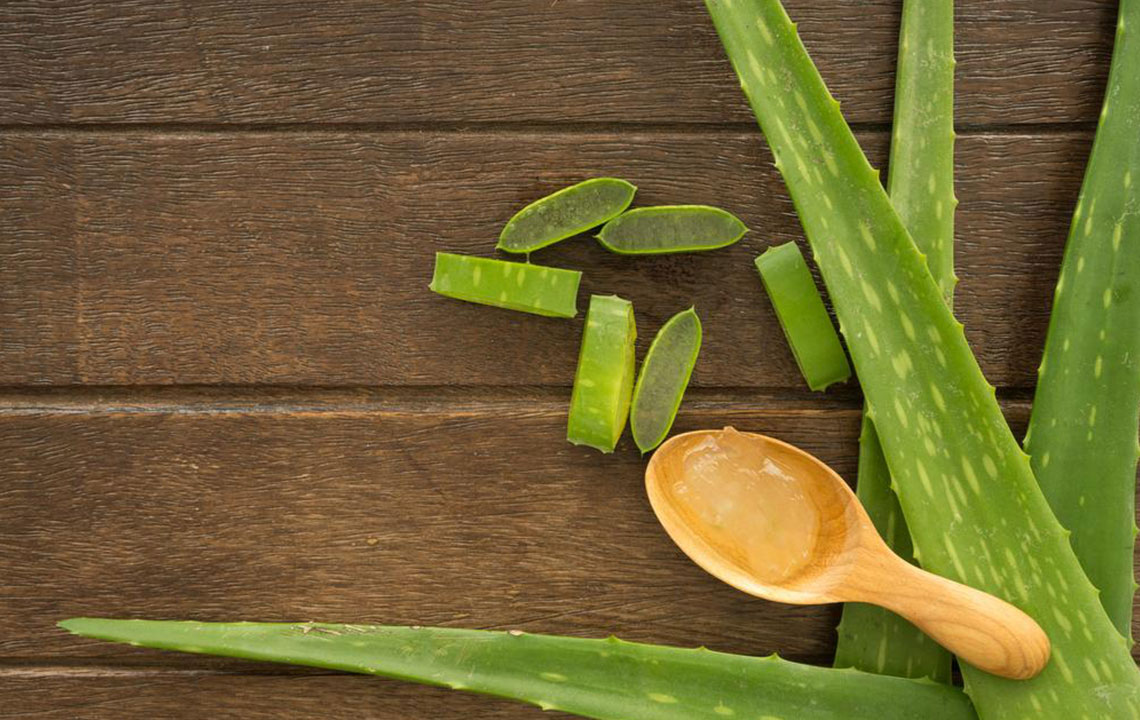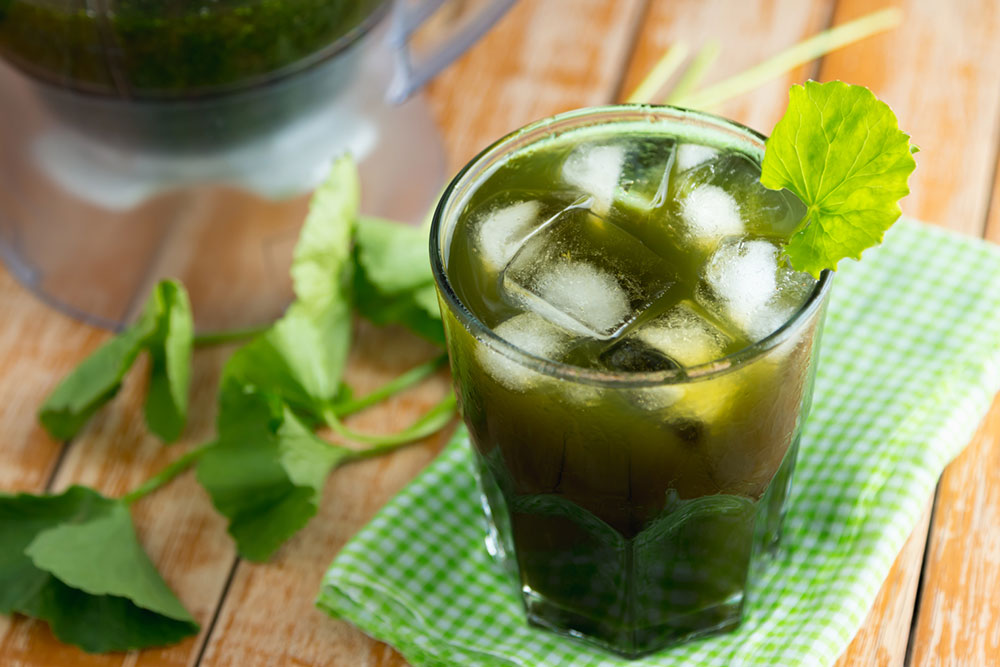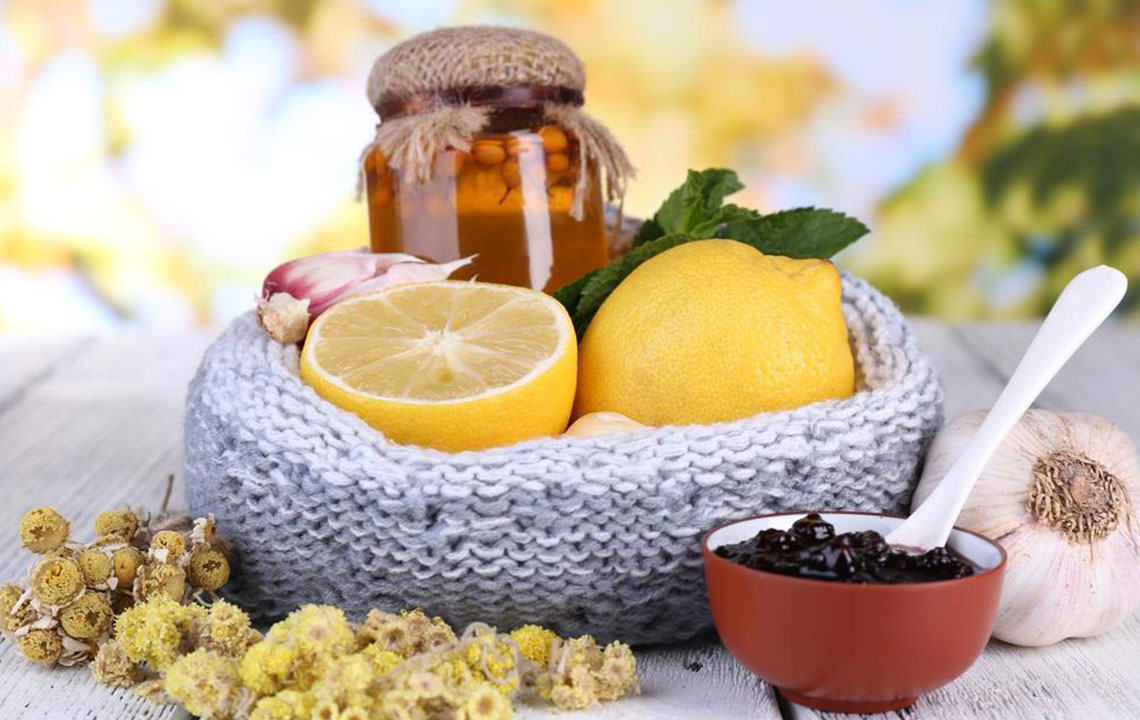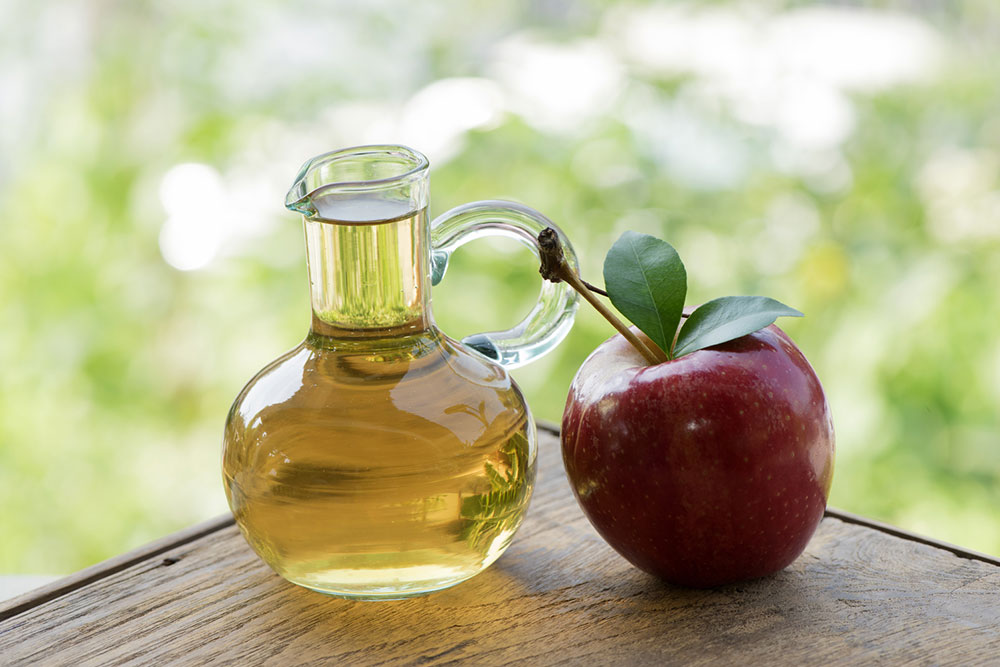Comprehensive Guide to Natural Treatments for Enlarged Prostate Health
Explore comprehensive natural methods to manage prostate enlargement effectively. This detailed guide covers the prostate's role, symptoms of BPH, popular herbal remedies like saw palmetto and beta-sitosterol, dietary tips, and the latest non-invasive treatments such as 3D Prostate Therapy. Learn how lifestyle changes and natural supplements can help alleviate symptoms, improve urinary function, and promote long-term prostate health without side effects. Perfect for men seeking safe, natural solutions to prostate problems, this article provides practical advice and expert insights for better health and well-being.

Effective Natural Methods for Managing Enlarged Prostate
Understanding the Male Prostate Gland
The prostate is a small, walnut-sized gland located below the bladder and in front of the rectum in males. Its primary function is to produce seminal fluid, which nourishes and transports sperm during ejaculation. The gland encircles the urethra, the tube through which urine and semen pass out of the body. Although the prostate is normally compact, it tends to enlarge with age, leading to various health concerns. Recognizing the importance of maintaining prostate health can significantly impact men's overall well-being.
An enlarged prostate can cause benign prostatic hyperplasia (BPH), which restricts urine flow by pressing on the urethra. Common symptoms include a weak urine stream, frequent urination, difficulty starting urination, dribbling, urinary tract infections, and occasional incontinence. These symptoms can diminish quality of life and may lead to further complications if untreated. Understanding the underlying causes and exploring natural remedies can provide significant relief and improve prostate health without invasive procedures.
While the exact causes of prostate enlargement are still not fully understood, factors such as age, hormonal changes, inflammation, and genetic predisposition play crucial roles. Conventional treatments like medications—including alpha-blockers such as terazosin, which relax prostate muscles, and 5-alpha-reductase inhibitors like finasteride—offer relief but often come with unwanted side effects. Surgical options such as transurethral resection of the prostate (TURP) are effective but invasive and may carry risks. Recently, innovative, non-invasive alternative therapies like 3D Prostate Therapy have emerged, showing promising results in reducing prostate size and alleviating symptoms safely. This therapy offers hope for many men seeking effective, side-effect-free solutions to their prostate issues.
In addition to medical interventions, herbal and lifestyle modifications play vital roles in managing prostate health. An array of natural remedies has gained popularity, thanks to their safety profiles and efficacy. These herbal options often provide relief from BPH symptoms without the adverse effects associated with pharmaceuticals or surgery. Incorporating these remedies can enhance overall prostate health and serve as complementary approaches alongside conventional treatments.
Some of the most widely used herbal supplements for prostate health include:
Saw Palmetto: Derived from the berries of the saw palmetto palm, this herb has a longstanding history in traditional medicine for treating urinary symptoms related to prostate enlargement. It is believed to inhibit the conversion of testosterone into dihydrotestosterone (DHT), a hormone associated with prostate growth, thereby reducing prostate size and relieving symptoms. Results from clinical studies highlight that saw palmetto is generally well tolerated, with minimal side effects.
Beta-sitosterol: A plant sterol found in many fruits, vegetables, and nuts, beta-sitosterol has been shown to improve urinary flow and reduce residual urine. Its anti-inflammatory properties help alleviate BPH-related discomfort, making it a popular choice for natural prostate support. As a supplement, it is usually safe with rare adverse reactions.
Pygem: Also known as Prunus africana extract, derived from the bark of an African tree, pygem has been traditionally used across Europe and Africa for centuries. It is believed to reduce prostate inflammation and size, easing urinary symptoms. However, some users might experience mild stomach upset or allergic reactions, so proper dosage and consultation are recommended.
Ryegrass Pollen Extract: Extracted from rye, timothy, and other grasses, this blend supports complete and effortless urination, reduces bladder residual volume, and enhances sleep quality by alleviating nocturia. Many users report improved urinary function and quality of life with consistent use.
Stinging Nettle: This herbal remedy has anti-inflammatory properties and is often used in combination with other supplements. While some individuals may experience skin rashes or stomach discomfort, stinging nettle has shown benefits in reducing prostate size and improving urinary flow when used responsibly.
Optimizing diet is another crucial aspect of prostate health. Consuming foods high in Vitamin C, zinc, and antioxidants can help slow prostate enlargement and combat inflammation. For example, tomatoes rich in lycopene, pumpkin seeds, and berries have been associated with prostate health benefits. Moderate alcohol intake might also offer some protective effects, but excessive consumption should be avoided. An overall balanced diet, combined with herbal supplements and healthy lifestyle choices, provides a holistic approach to managing prostate health effectively.
Before starting any herbal or dietary regimen, consulting a healthcare professional is essential to ensure safety and appropriateness. The quality of herbal products varies, so sourcing from reputable providers ensures you receive authentic and safe remedies. Avoiding counterfeit or adulterated supplements helps prevent adverse reactions and ensures the natural remedies’ effectiveness. Lifestyle modifications such as regular exercise, maintaining a healthy weight, and staying hydrated further support prostate wellness. By adopting a comprehensive approach that combines natural remedies, dietary improvements, and medical advice, men can achieve better control over their prostate health and enhance their overall quality of life.





